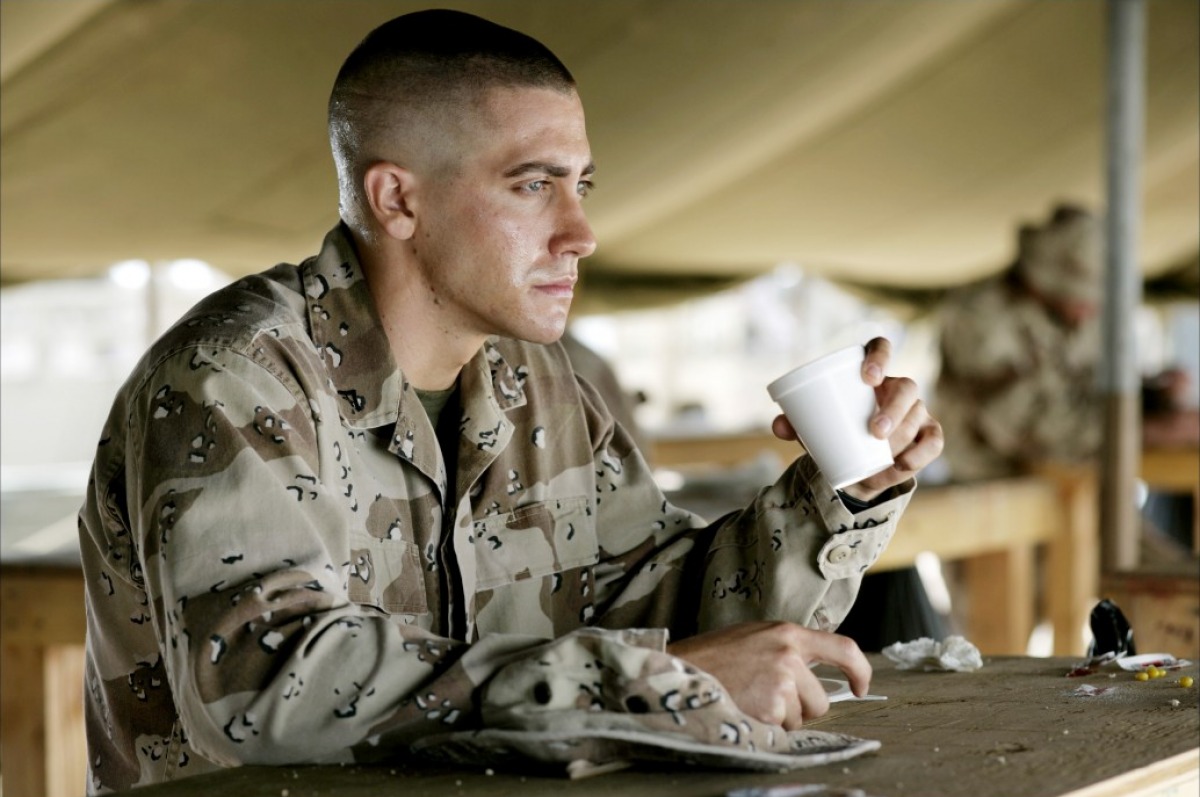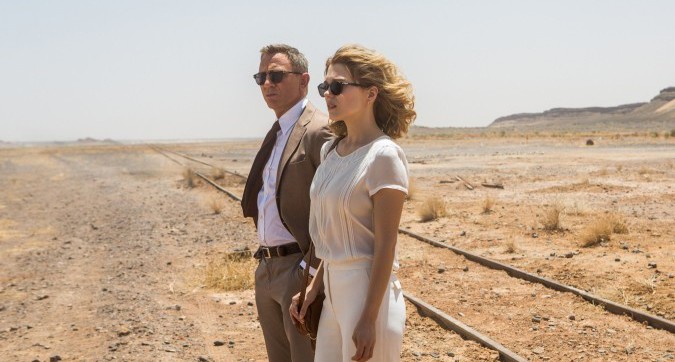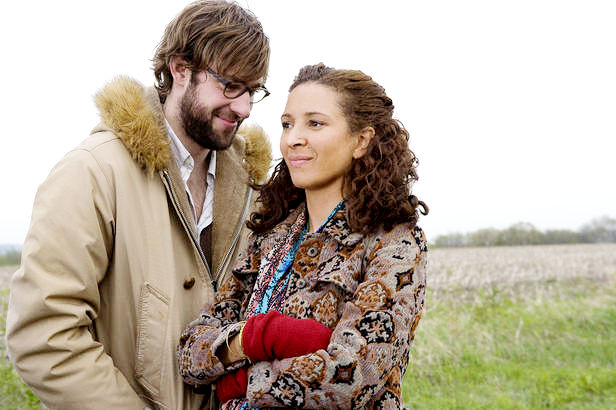
Sam Mendes, British filmmaker and theatre director, marked himself as one of the key directors of his generation very early in his career. Bursting onto the cinematic scene with an Oscar winning film, Sam Mendes has continued to pursue daring, visually stimulating, and interesting work.
The list below ‘ranks’ these films and explores their lasting narrative effects and stylistic diversity, examining how Mendes has navigated his filmmaking career with a flair and knowledge for storytelling.
8. Jarhead (2005)

We start this list with Mendes’ initial war effort, Jarhead. Unlike his most recent film, 1917 (which will be revisited later on), Jarhead folds its focus inwards, pinning its exploration on the psychological effects of the war setting. Lead through this war effort by Anthony Swofford (Jake Gyllenhaal), a marine sniper part of operation desert shield and desert storm, these soldiers find themselves more concerned with either mocking one another or worrying themselves over what their wives and partners are doing back home than fully engaging their efforts to the war. Often playing football or digging holes, the soldiers rarely see any fighting (if at all) and consequently their patriotic thirst for war is never quite quenched, driving them close to a monomania for their first kill.
While this may be Mendes’ weakest narrative – nothing here is ever as bleak or as gruesome as it perhaps could be to pack a real punch – his deft handling allows us to sympathise with characters whose hunger to help their country is replaced with boredom, disappointment, and unfaithful relationships.
7. Spectre (2015)

Spectre was probably something of disappointment upon release. Coming off the back of the excellent Skyfall, it found a way to fall into old genre tropes and predictable Bond stereotypes; nothing in Spectre – despite an impressive one-shot action set piece at the beginning of the film – is particularly new. That being said, in the same vein as Skyfall and Casino Royale, Spectre maintains a level of pathos that has separated this new series of Bond films from the others by taking the Bond character that little bit more seriously.
Here, Bond (Daniel Craig) has hightailed to Mexico City on a secret mission and final favour to Judi Dench’s deceased M, putting further pressure on the Double O programme whose reputation is at risk due to the swift rise of an ultra-surveillance team headed by the smarmy C (Andrew Scott). Back to his shooting best, and his seductive best (a trait used here one too many times), Spectre places Bond back in the space of super-spying and espionage that was perhaps a little lacking in Skyfall. Once again facing his old foe, Blofeld (Christoph Waltz), there are some nice nods to the old films – torture scenes, snowy chase sequences, and sexy cars – but Mendes manages to add enough stylistic flair to keep this Bond series ticking in the right direction.
6. 1917 (2019)

Leaned against a pastoral backdrop, things begin in a minor respite for the two young protagonists – a false sense of serenity for us as an audience, too. Pulled aside by another soldier, the two lads (played with commitment by Dean-Charles Chapman and George MacKay) exchange their respite for the bustle and mud of the First World War trenches when called upon to deliver a message to allied troops too far away for radio communication, a vital message that could save hundreds of lives if received in time.
As the two are quickly thrust to the frontline, the devastating effects of war are witnessed through varying terrains including no man’s land, enemy trenches, and burning villages (perhaps acting as a microcosm for the war effort as a whole). While the assignment is essentially only a short day-long trip, it soon becomes one that plunges the two soldiers right into the epicentre of enemy territory, their lives hanging by the thinnest of threads.
Notably, Mendes chose to tell this story by stitching long takes together to give the film a ‘one-shot’ aesthetic. A trick he dabbled with in Spectre, Mendes mastered it here on a much larger and ambitious scale. The steadied handheld cinematography that clasps and confines our gaze solely onto the two soldiers adds a frenetic momentum which is a constant visual reminder of the frenzied, chaotic environment.
While the single take technique has been used before – famously in Hitchcock’s Rope and more recently in Birdman – Mendes implements it within the context of WW1 for new and brilliant effect. Akin to Kubrick’s use of long takes in Paths of Glory, here Mendes highlights the claustrophobia, devastation, and endlessness of trench warfare.
The film is beautifully bookended by a similar pastoral respite, a nod to how peace is found in the unlikeliest of places but also to how a hell is always a looming presence.
5. Away We Go (2009)

As most of Mendes’ films feature striking visual style and heavy story, Away We Go is probably Mendes’ biggest stylistic departure, albeit a very welcome one. The minimalist story focuses on Bert (John Krasinski) and Verona (Maya Rudolph) who, without planning for one, are quickly surprised with a pregnancy and the news that Burt’s parents – the new child’s only grandparents – are moving to Belgium a month before the due date. Uncertain of their future and scared of their lack of familial connection, the couple travel America to find a suitable place to live that would give the child the “Huck Finn” upbringing they desire.
While structurally restrictive – the film is separated into five vignettes of the different places and people they visit – Mendes’ narrative is beautifully played through its delightful lead performances. Each section manages to offer differing perspectives on what parenthood has to offer with some being laugh-out-loud hilarious, some beautifully poignant. What holds the film together, though, is Bert and Verona’s growing realisation that home is not a magical place someplace else, but something that grows from within – in this case, both figurative and literal.